As more big corporations acquire goods from questionable trade partners, they want to hide the fact that many products are made by forced labor. The goal is to make data from ocean freighters confidential to prevent the public from finding out about questionable overseas labor practices.
Committee of Global Corporations Working to Hide Trade Data
The Commercial Customs Operations Advisory Committee advises the Treasure Department and Department of Homeland Security about the actions of the U.S. Customs and Border Protection. Committee members include stakeholders from some of the largest companies in the United States, like Intel, General Motors, and Caterpillar.
This committee is recommending that the U.S. Customs and Border Protection cover up trade data that shows purchasing practices of these large companies.
Many acquire goods from overseas companies with labor practices that violate global human rights standards. The committee wants to hide where their goods come from to prevent journalists from sharing the information with human rights activists.
Manifest Details Hidden From Consumers
The stakeholders in the Commercial Customs Operations Advisory Committee recommended that the Customs and Border Patrol group modernize their regulations for imports and exports. The goal of modernizing the rules would help speed up trade volumes. Part of the modernization includes making manifests confidential.
By making manifests confidential, organizations that research and report on human rights violations and poor treatment of workers cannot share what is happening with United States trade partners. Without this information, consumers cannot make informed decisions about the businesses they support.
If the manifests become confidential, details about $1.3 trillion in goods would be hidden from U.S. consumers. Trade law already hides the details about items moving through the United States via trains, trucks, and airplanes.
The Uyghur Trade Policy
This new policy idea arrived as the U.S. Customs and Border Patrol was tasked with enforcing the Uyghur Forced Labor Prevention Act.
Congress passed the law banning products from the Xinjiang region in China where the Uyghur people are facing genocide at the hands of the Chinese. The only way goods from this area will be allowed in the United States is if manufacturers can prove they were made with protected labor.
Sadly, some companies in the United States have struggled to follow this rule as they continue to import products from this region. Solar panels from the Xinjiang region are often made by forced labor, but the U.S. Customs agents have stopped their entry into the country at the borders.
Benefitting from Exploiting Workers
The Australian Strategic Policy Institute shared more information about the exploitation of Uyghurs in China. In a detailed and respected report, the group found that more than 80 global companies added to their bottom lines through the exploitation of the Uyghurs in China. Some of the companies are represented in the Commercial Customs committee.
The rationale behind hiding trade data is to protect consumers and businesses from data breaches. Unfortunately, by hiding trade data, whistleblowers at overseas companies put themselves in more danger of retaliation.
Image credit: US Customs and Border Patrol

